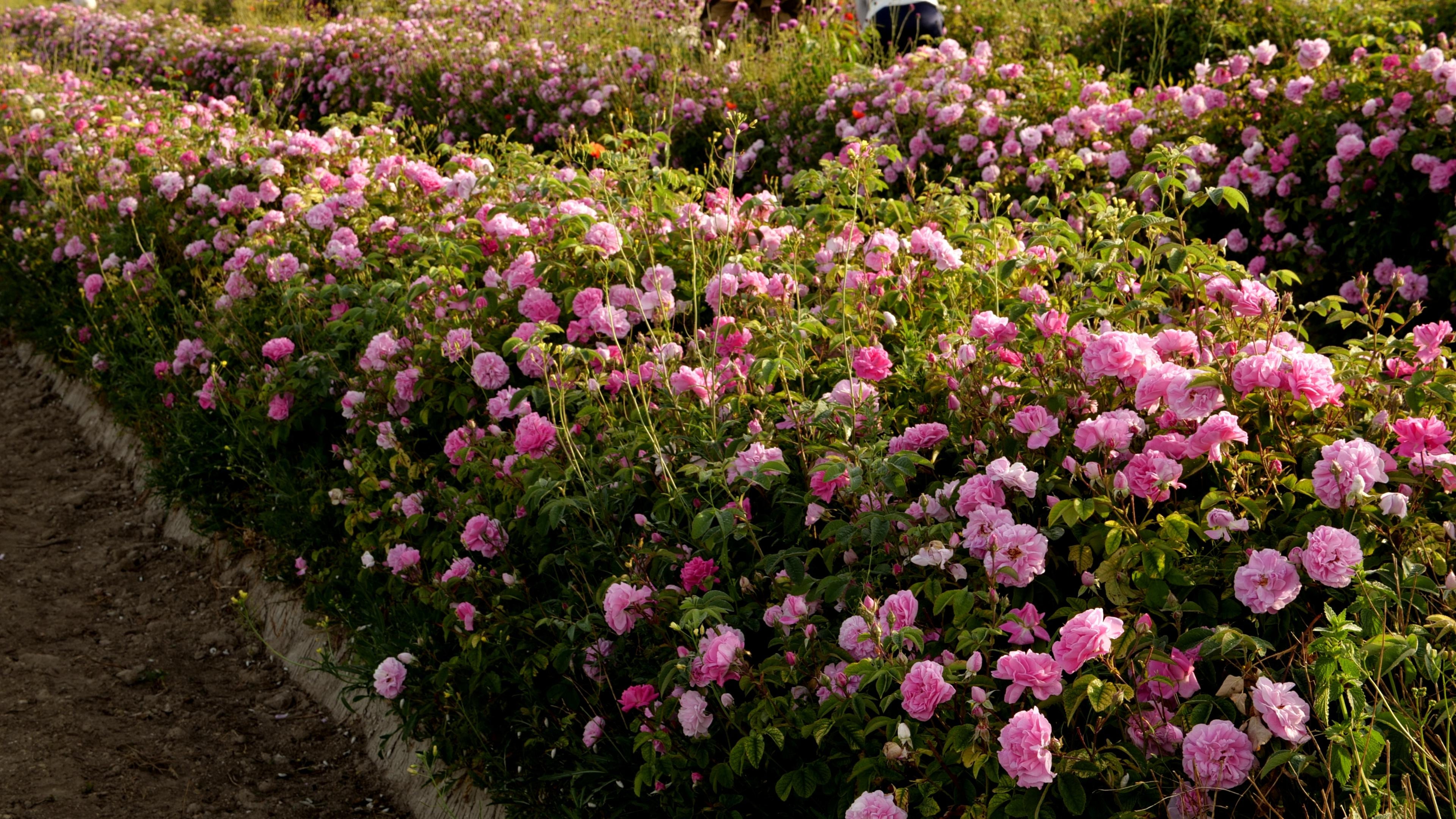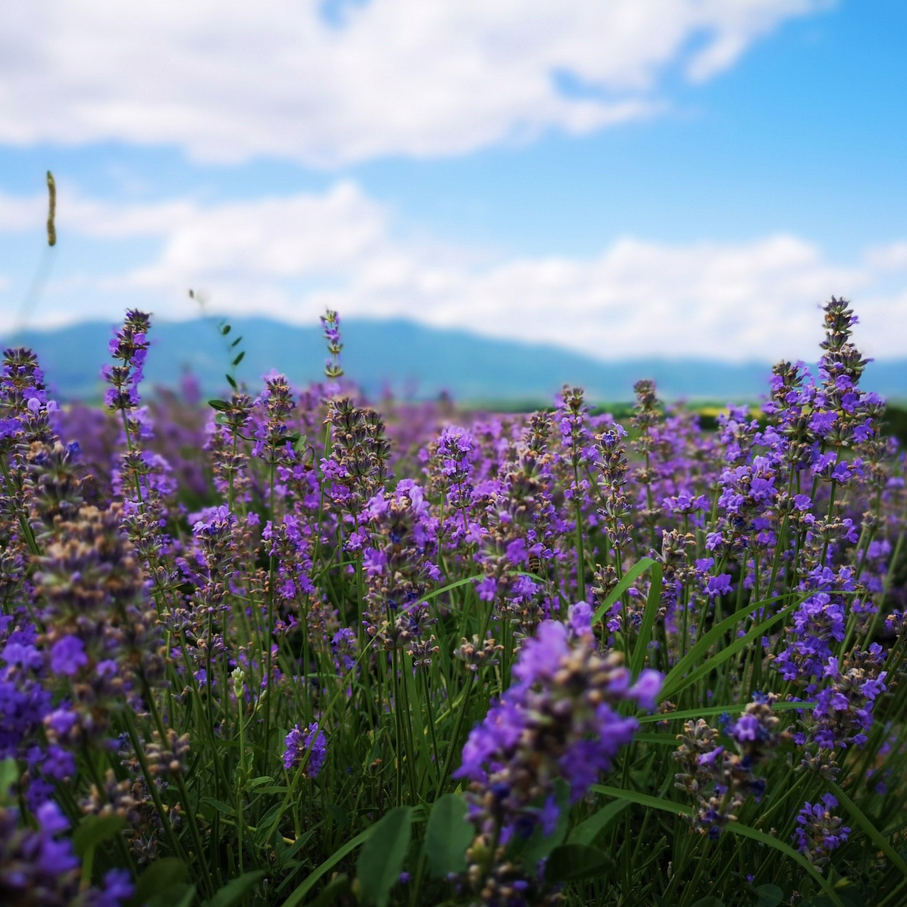Alteya Organics implements sustainable cosmetic production methods by developing organic agriculture and integrating renewable resources. The company utilizes solar energy in production, and manual rose harvesting not only provides employment for local communities but also contributes to the preservation of cultural heritage.

Renewable Energy Commitment
As a business committed to sustainability, Alteya Organics harnesses the power of natural resources, particularly sunlight, to generate electricity and power its facilities. By doing so, they reduce their reliance on fossil fuels, which are a major contributor to climate change and environmental degradation.

Roses Are Only Picked by Hand
Every year, when their oil-bearing roses blossom, Alteya Organics practices manual rose harvesting to collect them. By respecting environment, they use this sustainable and eco-friendly alternative to traditional machine-based harvesting. This reduces their carbon footprint (minimizing CO2 emissions emitted by heavy machinery) and prevents damage to the soil. They also provide employment to local rural communities, supporting their livelihoods and helping to alleviate poverty. The manual rose harvesting method is based on traditional knowledge passed down through generations. By continuing to use this method, they help preserve the cultural heritage and knowledge of indigenous peoples.

Organic Agriculture
Alteya Organics is committed to sustainable organic farming practices that help protect the planet. By practicing organic agriculture in their own rose and lavender gardens and partnering with organic farmers, they are not only able to deliver skincare products free from harmful chemicals and pesticides, but they also support a healthier planet for future generations.
It is proven that organic agriculture:
- Supports biodiversity
- Ensures improved support for pollinators and pollination
- Preserves the soil
- Aids to better water quality
- Contributes to controlled wastes


